Thailand, a country of 70 million people, is the region's most valuable pet market - and Asia's second largest after China. At a recent virtual conference, Varittha Siwawej, business development manager of Thonglor Pet Hospital, said the country's overall pet trade has been growing by 10.8 per cent annually and was valued at 1.4 bn dollars in 2020. Thonglor, the country's largest network of private hospitals for animals, also runs a chain of pet stores.
In a study it conducted on the Thai pet food market, trade promotion agency Flanders Investment and Trade (FIT) projected that the number of dogs and cats kept as pets in Thailand would grow by 10 per cent annually.
Among the drivers for this are the elderly, who look to pets for companionship, industry players note. The Bangkok Post newspaper has reported that Thailand is set to be classified as an aged society this year, when 20 per cent of its population will have reached the age of 60 and over - double the 10 per cent requirement for the ageing category, which it had belonged to since 2005. The report adds that by 2031, the elderly will account for 28 per cent of the population, making the country a super-aged society. Pet humanisation, along with the rise of single-person households and dual income families that prefer to not have children, has also spurred puppy love in Thailand.

 Menü
Menü

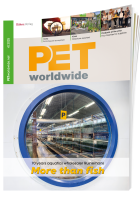



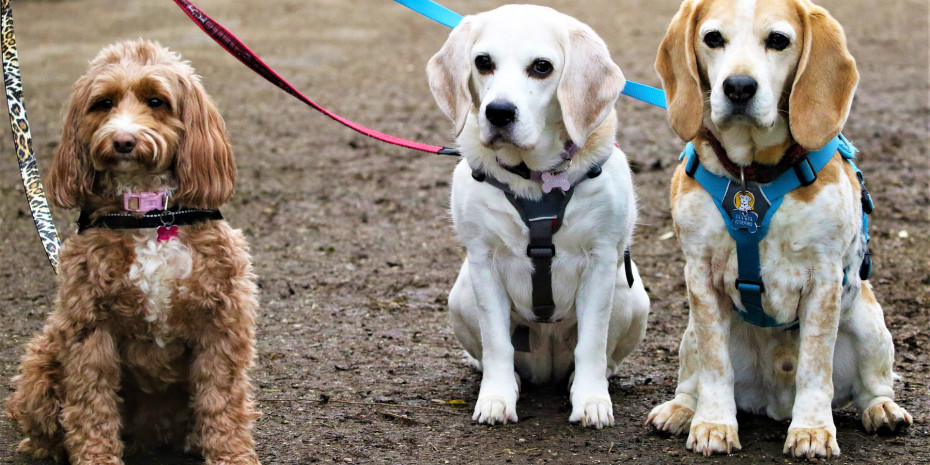


 1/2022
1/2022
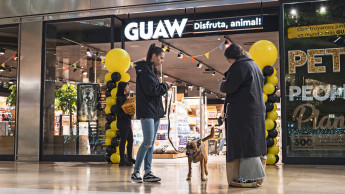



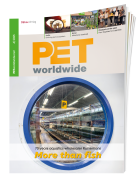

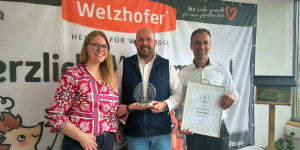


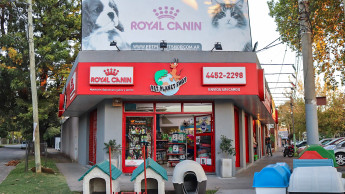
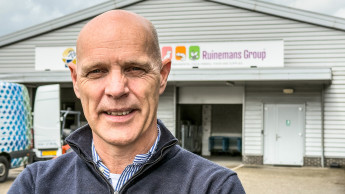
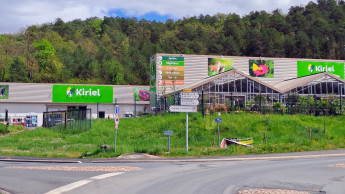
 Newsletter
Newsletter